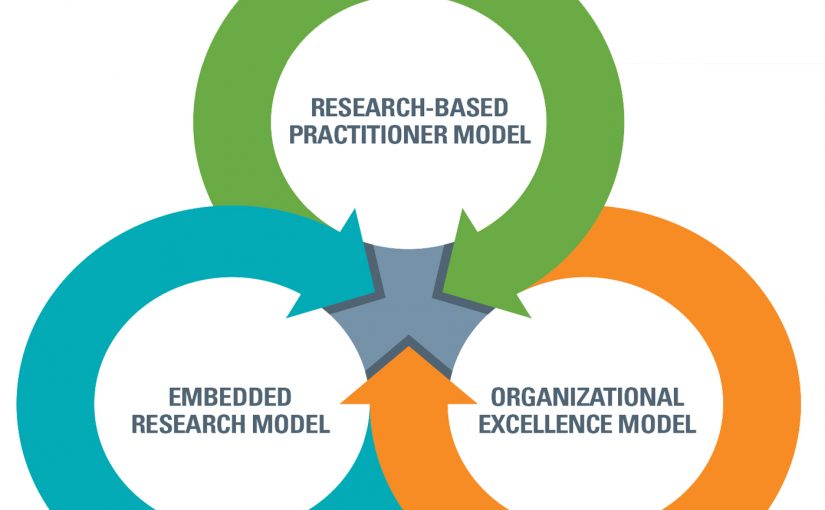
Many law enforcement organizations continue to struggle with development of evidence-based policies and practices, and some still question the actual validity of the endeavor. To some degree, this is understandable, considering the thousands of police organizations within the United States and the disparity of resources among them. Across the profession, law enforcement leaders tend to either discount academia outright or, at best, struggle to translate its findings into real applications. The Leesburg, Virginia, Police Department continues to endure the process of developing and implementing evidence-based policing, which remains challenging despite initial positive results. The following is a synopsis of its use of evidence-influenced policy to promote crime control, community trust, and legitimacy.
Various models and concepts exist for developing evidence-based practices, including the research-based practitioner model, the embedded research model, and the organizational excellence model.1 In the research-based practitioner model, the practitioner (e.g., law enforcement officer) is responsible for acquiring and implementing evidence-based knowledge and determining whether or not and how to incorporate the knowledge into practice. For the embedded research model, evidence-based knowledge is infused in organizational systems by senior administrators (e.g., law enforcement leaders or city management) and does not involve the awareness of the practitioner responsible for executing relevant practices. The organizational excellence model requires general acceptance of evidence-based knowledge at all levels of the organization (leaders and officers) and relies on all stakeholders’ participation and input to validate relevant practices, thereby expanding the evidence-based knowledge in the local context. Resources available to the law enforcement organization and the locality in which it operates are key factors in determining which model would be the most appropriate and effective. All things being equal, the organizational excellence model is the one that best incorporates the use of evidence-based practices and local experience of the organization, marrying science and craft.2


